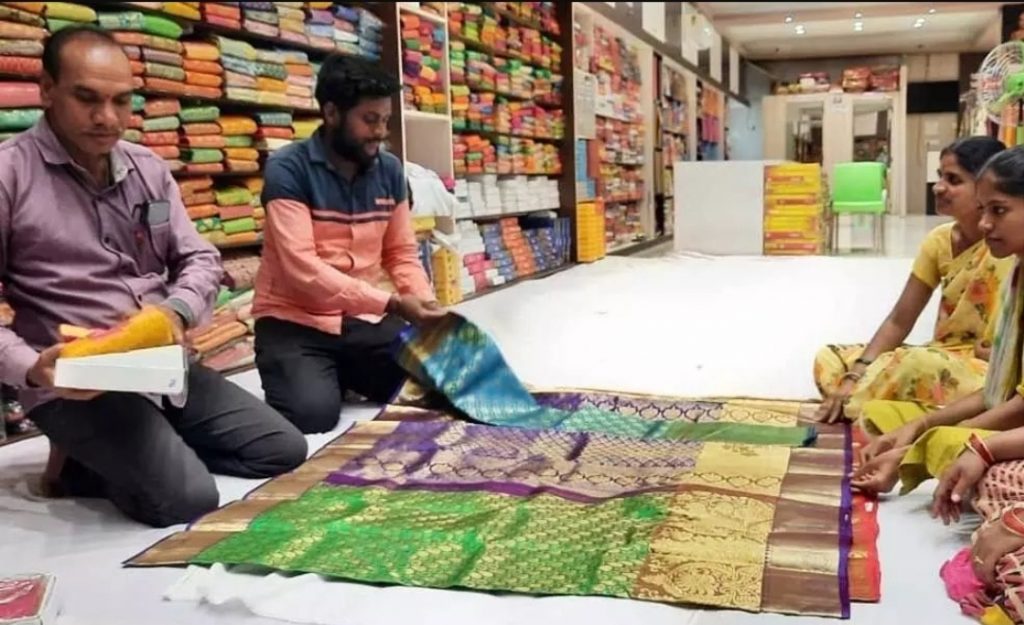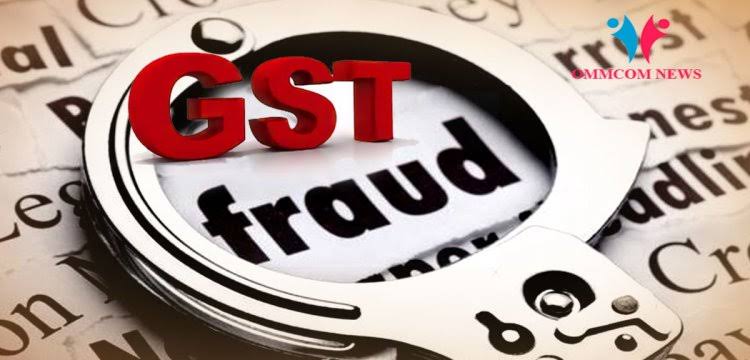
The GST regime will see a host of tax rate and procedural changes coming into effect from January 1, including liability on e-commerce operators to pay tax on services provided through them by way of passenger transport or restaurant services.

The procedural changes that would come into effect include e-commerce operators, such as Swiggy and Zomato, being made liable to collect and deposit GST with the government on restaurant services supplied through them from January 1. They would also be required to issue invoices in respect of such services.ADVERTISINGThere would be no extra tax burden on the end consumer as currently restaurants are collecting and depositing GST. Only, the compliance of deposit and invoice raising has now been shifted to food delivery platforms.
Making these platforms liable for GST deposit would curb tax evasion.

the correction in inverted duty structure in footwear and textile sectors would come into effect from Saturday wherein all footwear, irrespective of prices, will attract GST at 12 per cent while all textile products, except cotton, including readymade garments will have 12 per cent GST

The other anti-evasion measures which would come into effect from the new year include mandatory Aadhaar authentication for claiming GST refund, blocking of the facility of GSTR-1 filing in cases where the business has not paid taxes and filed GSTR-3B in the immediate previous month.Currently, the law restricts filing of return for outward supplies or GSTR-1 in case a business fails to file GSTR-3B of preceding two months.While businesses file GSTR-1 of a particular month by the 11th day of the subsequent month, GSTR-3B, through which businesses pay taxes, is filed in a staggered manner between 20th-24th day of the succeeding month


